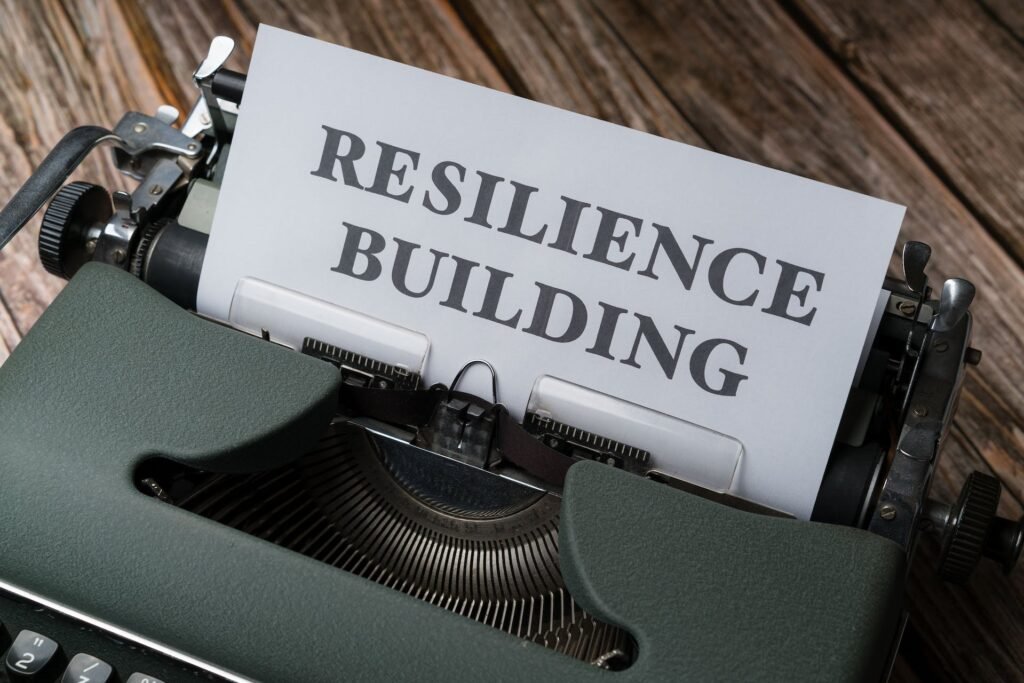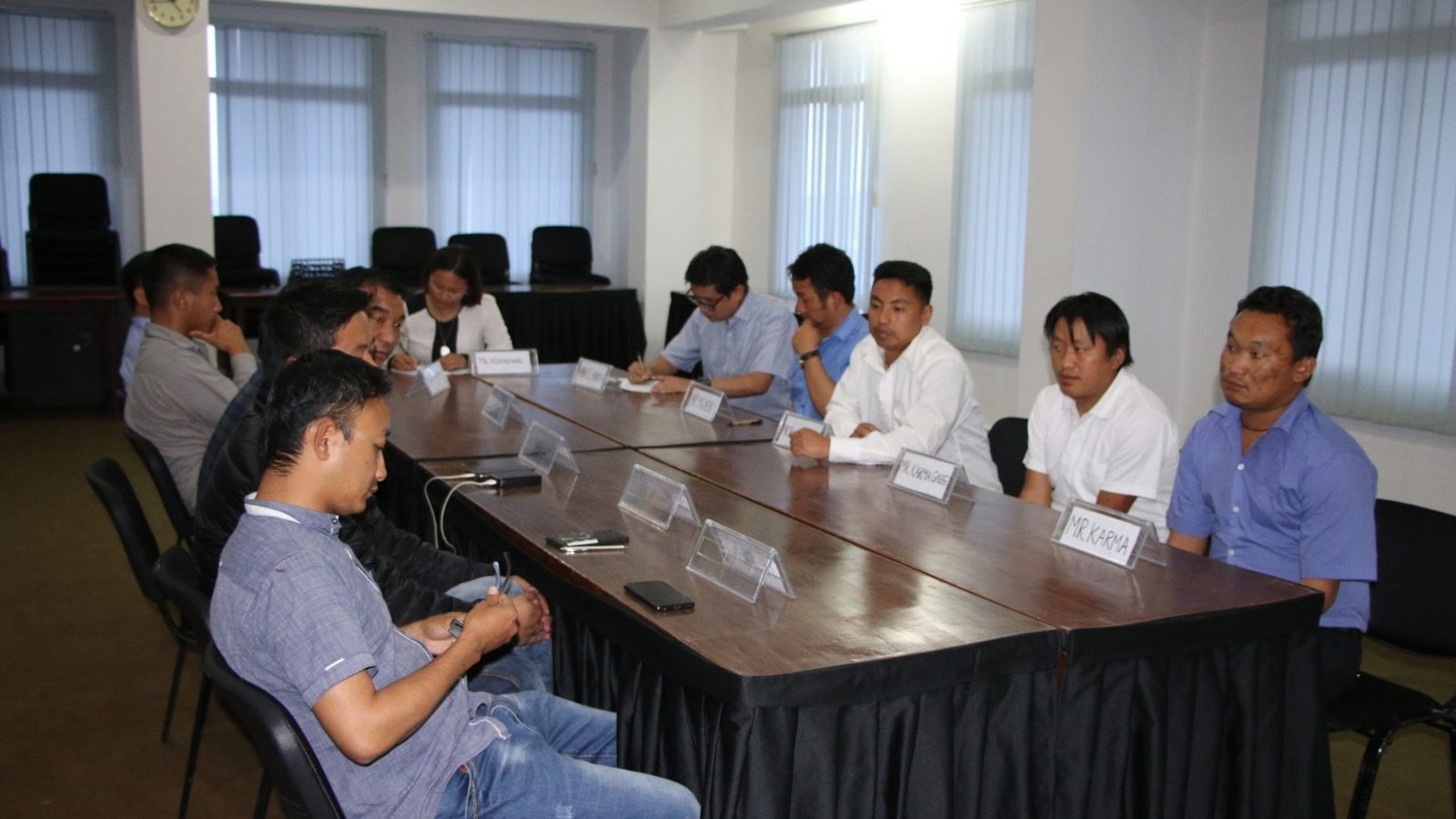Building resilience among disability activists is crucial for sustaining the important work they do. Disability activists face unique challenges, from advocating for policy changes to combating societal stigma. These responsibilities can be both mentally and emotionally taxing. However, by focusing on strategies to build resilience, activists can maintain their passion, energy, and effectiveness.
In this article, we’ll give you strategies for building resilience among disability activists. These methods focus on maintaining mental well-being, fostering community support, and ensuring that activists continue to thrive despite obstacles.
Why Building Resilience Among Disability Activists Matters
Activism is demanding, and disability activists often work in challenging environments. From addressing discrimination to pushing for inclusivity, their work can lead to stress and burnout. Building resilience among disability activists is essential to help them overcome these difficulties while staying committed to their cause. Resilience ensures they remain motivated, confident, and able to tackle ongoing challenges with a positive outlook.

1. Prioritize Self-Care
Self-care is the foundation of resilience. Activists should make time for activities that bring joy, relaxation, and balance to their lives. Whether it’s spending time with family, engaging in a hobby, or simply resting, prioritizing self-care helps recharge energy and maintain emotional health.
By taking care of themselves first, disability activists can sustain their efforts over the long term. Remember, you can’t pour from an empty cup.
2. Build a Supportive Network
A strong support network is essential for building resilience among disability activists. Surrounding oneself with people who understand, encourage, and uplift can make a huge difference. These could include fellow activists, friends, family members, or even mentors.
Support networks provide a safe space to share experiences, seek advice, and gain motivation. They remind activists that they are not alone in their journey.
3. Set Realistic Goals
Activists often feel overwhelmed by the enormity of the issues they address. Setting realistic and achievable goals is a key strategy for staying resilient. Breaking larger objectives into smaller, manageable steps reduces stress and provides a sense of accomplishment along the way.
By focusing on one task at a time, disability activists can stay motivated without feeling overwhelmed.
4. Develop Problem-Solving Skills
Effective problem-solving skills help activists navigate challenges with confidence. Building resilience among disability activists involves equipping them with tools to handle conflicts, setbacks, and complex situations.
Practicing critical thinking and seeking alternative solutions can make tough situations more manageable. The ability to adapt and overcome obstacles is a hallmark of resilience.
5. Celebrate Achievements
Recognizing and celebrating victories—big or small—is an important way to build resilience. Disability activists should take time to reflect on their accomplishments and the positive impact they’ve made.
Celebrating success boosts morale, reinforces a sense of purpose, and provides motivation to keep going. Each achievement, no matter how small, is a step toward meaningful change.
6. Practice Mindfulness and Stress Management
Mindfulness techniques, such as meditation or deep breathing, are powerful tools for managing stress. Activists can use these practices to stay grounded and focused, even in difficult times.
Building resilience among disability activists includes teaching them how to manage stress in healthy ways. Reducing stress levels helps preserve mental health and ensures sustained productivity.
7. Advocate for Boundaries
Resilience also comes from knowing when to say no. Activists should set boundaries to prevent overcommitment and burnout. It’s okay to decline tasks that feel overwhelming or do not align with personal priorities.
By advocating for their own needs, disability activists can maintain their energy and stay effective in their work. Boundaries are essential for long-term resilience.
8. Stay Connected to the Mission
Building resilience among disability activists means staying connected to the “why” behind their work. Reflecting on the purpose and importance of their advocacy helps them stay motivated even when challenges arise.
Whether it’s improving accessibility or raising awareness, reminding oneself of the bigger picture fosters determination and resilience.
9. Seek Professional Support When Needed
Sometimes, resilience requires professional help. Disability activists should feel empowered to seek counseling or therapy if they experience prolonged stress or emotional challenges.
Therapists and counselors can provide guidance, tools, and support tailored to their unique needs. Seeking help is a sign of strength, not weakness.
10. Engage in Continuous Learning
Resilient activists never stop learning. Engaging in workshops, training sessions, and educational opportunities helps them stay informed and empowered.
Learning not only builds skills but also strengthens confidence, making activists better equipped to tackle challenges. A commitment to growth fosters resilience and reinforces their ability to create change.
Conclusion
Building resilience among disability activists is essential for ensuring their well-being and the effectiveness of their advocacy. By prioritizing self-care, fostering strong networks, and practicing stress management, activists can maintain their passion and energy.
It’s important to remember that resilience is not about avoiding challenges but about thriving despite them. With the right strategies, disability activists can continue making a positive impact on society while safeguarding their own mental and emotional health. Together, we can support these changemakers as they fight for a more inclusive and equitable world.








